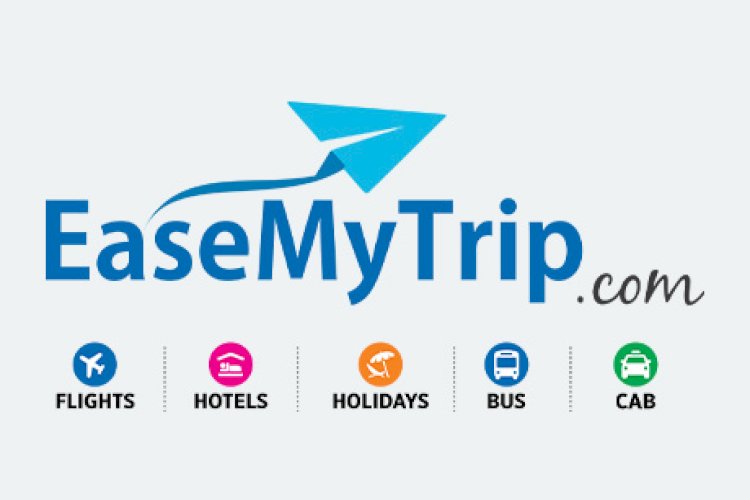

Our designers stay ahead of the curve to provide engaging and user friendly website designs to make.Our designers stay ahead of the curve to provide engaging and user friendly website designs to make.Our designers stay ahead of the curve to provide engaging and user friendly website designs to make.

[ad_1]
Startup founders frequently run into too many uncertainties and difficulties, especially those who are new to the industry and developing early-stage businesses. Should the startup prioritize rapid growth or making money? Should the founders raise money by dilution of equity rather than bootstrapping the business? Should the business maintain its original strategy or change it to accommodate changing customer demands?
The co-founder of the travel technology company EaseMyTrip, Prashant Pitti, was not any different.
For the first three years after its establishment in 2008, EaseMyTrip catered to the offline travel industry by assisting travel agents with domestic flight reservations through its website. The bootstrapped startup was expanding quickly because it was probably the only B2B2C travel company providing this service.
Pitti was aware that the good times might not last for very long. Given that more and more people and businesses are moving online, offline travel agencies may soon become obsolete.
Pitti made the decision to change course and enter the B2C travel market in spite of the travel agents’ threats to pull their clients’ business, which resulted in a 70–80% decline in sales.
But after years of profitability and a successful listing in 2021 (the INR 512 Cr IPO was oversubscribed by almost 160 times), the bootstrapped startup finally joined the coveted unicorn club on September 17, 2021, when its market cap crossed $1 Bn.
Pitti and his co-founders have adhered to a straightforward yet effective framework to balance innovation with success throughout this difficult but exciting journey: do what is best for customers but do it profitably.
The travel and hospitality industries were among the worst hit when Covid-19 reared its ugly head early in 2020 as a result of a global shutdown to contain the pandemic. India and other nations went into total lockdown, shut their borders, and confined their citizens to their homes for the foreseeable future.
Since no one knew how long the lockdowns—or the pandemic in general—would last, it meant a large number of customers canceling their reservations and requesting refunds at online travel agencies (OTAs) like EaseMyTrip. For context, the pandemic is still raging in many regions of the world even after about three years.
Pitti made a risky decision in 2020 while keeping the interests of consumers in mind.

His move upbraided a lot of people and sparked a social media uproar as people tagged EaseMyTrip’s rivals and questioned why they hadn’t received their money back.
A surprising result also came from this audacious move. When lockdowns were lifted, EaseMyTrip passed Yatra to take over as the second-largest OTA, according to Pitti.
After its IPO, EaseMyTrip turned its attention to international travel and bigger challenges.
According to a Research and Markets report, the global online travel market is anticipated to grow at a CAGR of 10.6%, from $800 billion in 2021 to $1,400 billion or more by 2027. In order to get a piece of this action, the travel technology company opened offices in Dubai in March 2022 and in London in the UK in 2019.
EaseMyTrip doesn’t charge a convenience fee and nevertheless generates a profit, unlike the majority of other OTAs.
[ad_2]
Source link